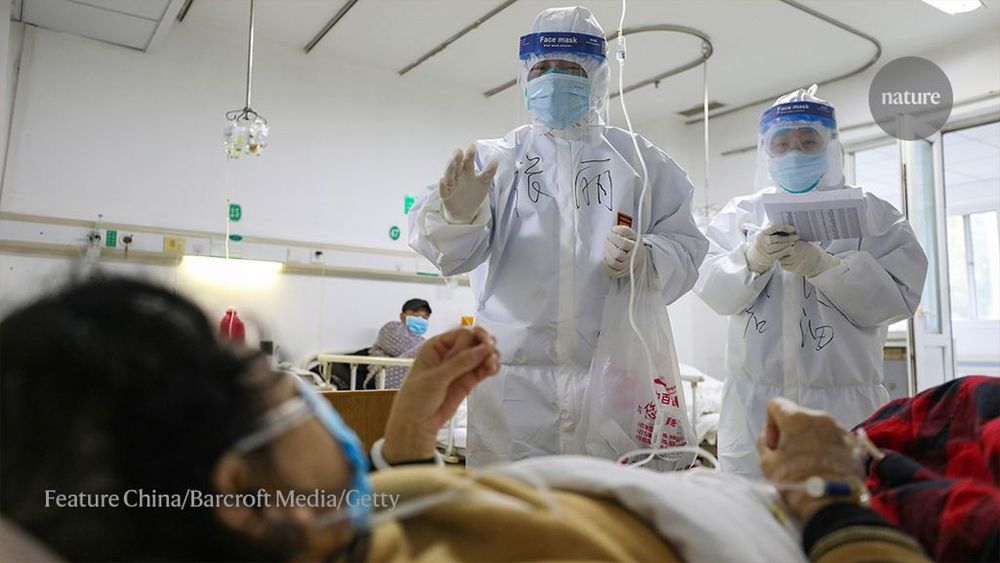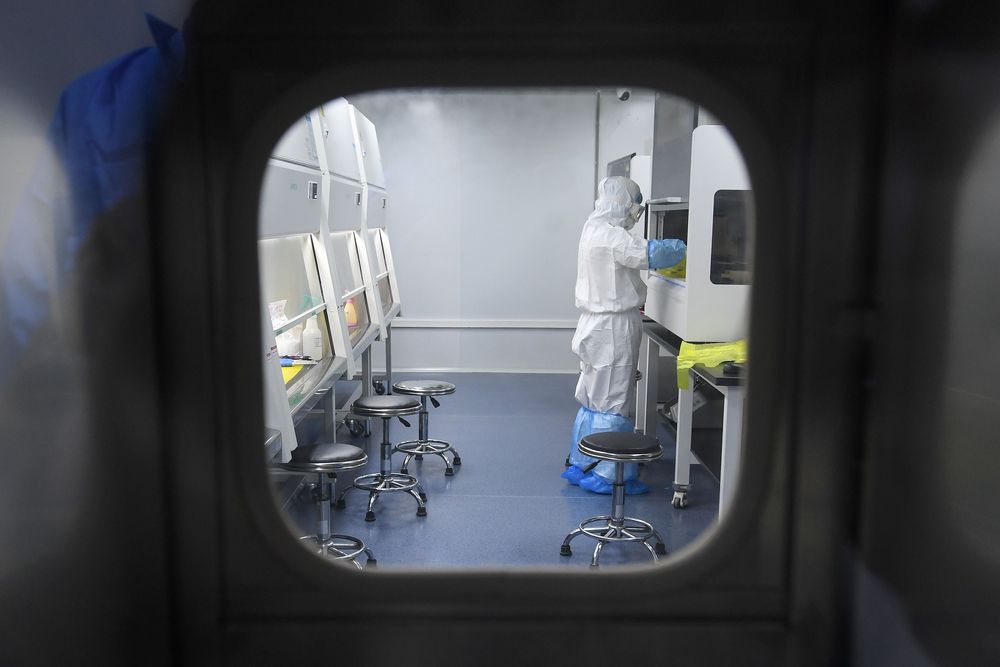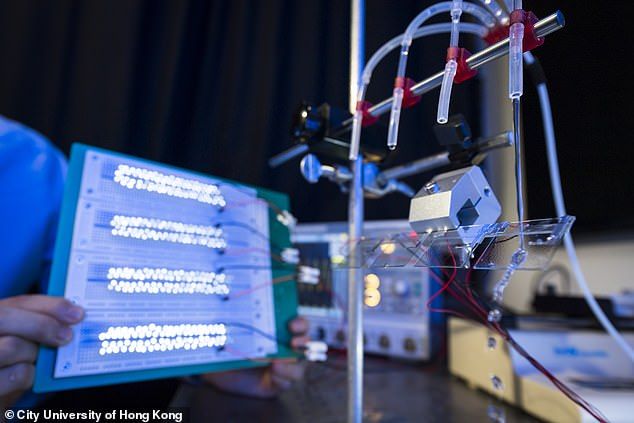
When tested in mice, the molecule, dubbed halicin, effectively treated the gastrointestinal bug Clostridium difficile (C. diff), a common killer of hospitalized patients, and another type of drug-resistant bacteria that often causes infections in the blood, urinary tract, and lungs.
The most surprising feature of the molecule? It is structurally distinct from existing antibiotics, the researchers said. It was found in a drug-repurposing database where it was initially identified as a possible treatment for diabetes, a feat that showcases the power of machine learning to support discovery efforts.








 © Provided by Daily Mail Light wave readings taken at the IRAM 30-meter telescope in Granada, Spain (pictured above) helped scientists detect signatures of molecular oxygen in the Markarian 231 galaxy, the first time the compound has been… For the first time ever, astronomers have identified molecular oxygen in a galaxy outside the Milky Way.
© Provided by Daily Mail Light wave readings taken at the IRAM 30-meter telescope in Granada, Spain (pictured above) helped scientists detect signatures of molecular oxygen in the Markarian 231 galaxy, the first time the compound has been… For the first time ever, astronomers have identified molecular oxygen in a galaxy outside the Milky Way.









